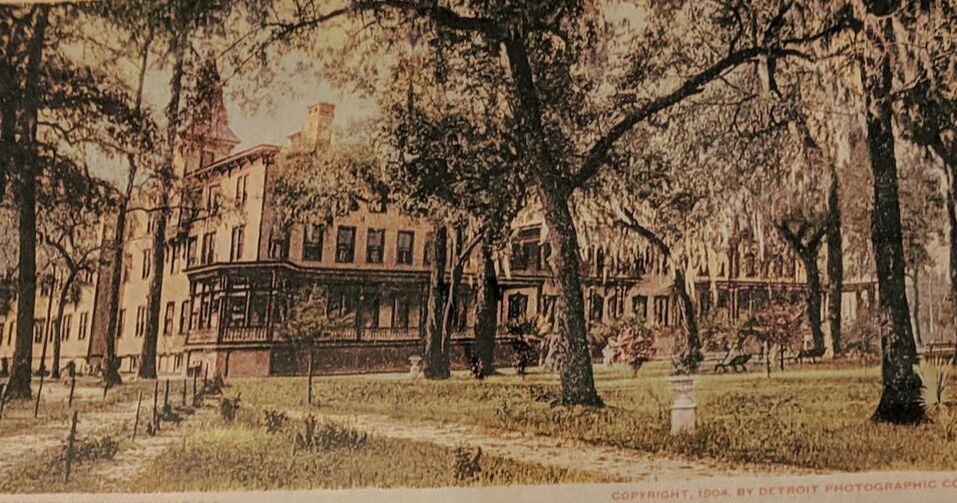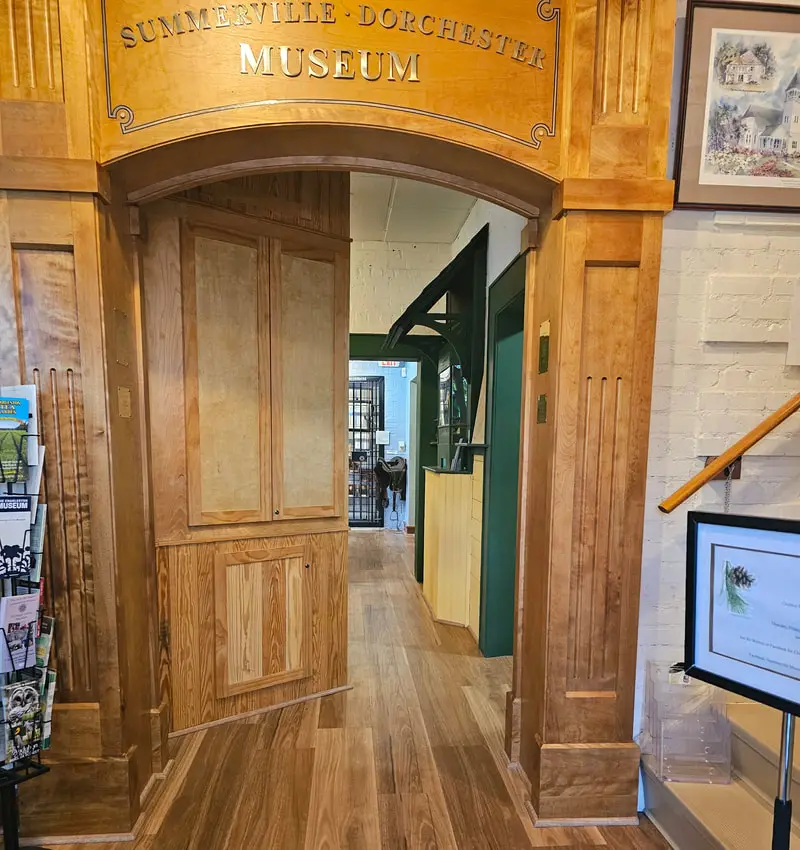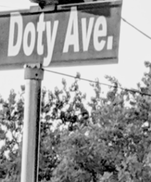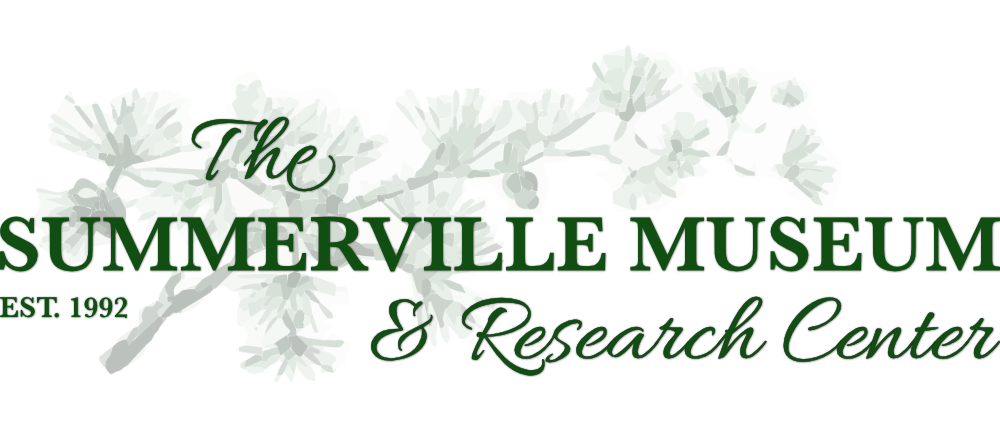
Summerville's Golden Age
The years just before the First World War were a time of great cultural change in the sleepy southern village of Summerville. International attention was focused on Summerville as a health resort and the home of American grown tea at the Pinehurst Tea Gardens. Successful, sophisticated people with education, money and many new ideas were building beautiful homes, becoming part of our social fabric and humming the tune of "Alexander's Ragtime Band."
The railroad had brought in many new visitors and business opportunities for several years. As a result, bed and breakfast houses and lavish hotels like The Pine Forest Inn became increasingly popular attractions. Indeed, Summerville quickly became an up and coming town even with a few presidents like Theodore Roosevelt and William Howard Taft finding their way to the humble "Flowertown in the Pines".

Our Story
The Summerville Museum is an educational organization dedicated to preserving the historical significance of Summerville. Its mission is to collect, preserve and exhibit artifacts, and to develop educational programs relating to the cultural and natural history of the Summerville area of South Carolina.
On May 02, 1991, a group of concerned citizens organized by Robert Pratt met for the first time to consider forming a history museum for the Summerville area. This group continued to grow and meet and in April of 1992, they signed a lease with the Town of Summerville for the old Police Department building. Work began on the building almost immediately to renovate it for use as a museum. In December of 1992, the museum opened its doors to the public. Renovations and installation of exhibits continued, and in March of 1993, the Summerville Dorchester Museum held its grand opening.
We changed our name to The Summerville Museum and Research Center in 2022.

The History of Doty Ave.
Our little museum sits on Doty Avenue. The earliest record, a 1913 map of the Town of Summerville, shows Doty Avenue was originally named Railroad Avenue. The street ran parallel to the railroad connecting Charleston to Hamburg (now known as North Augusta, SC) with passenger and freight lines. Lawrence Hayden Doty, Mayor of Summerville 1953 to 1965, was a dedicated and influential public servant. After his death on February 28, 1965, the Town of Summerville changed the name of Railroad Avenue to Doty Avenue to honor him.
The land where the current museum sits was owned by the Eagle Creek Lumber Company. Between the years of 1923 and 1928, the Town of Summerville built a Water Department on the site. There was a 100 foot tall steel water tower and a 300,000-gallon water cistern adjacent to the building. The brick facade of the original one-story building can be seen in the museum lobby.
Over the years, the building was enlarged and became the Summerville Police Department in 1976. A holding cell, offices and courtroom for the Town Judge were on the second floor. Cells, a day room for police officers, a radio room and office were built downstairs. The Summerville Police Department moved to a new municipal complex on West Second North Street in June 1990.

Our Resident Historian
Dr. West is a knowledgeable and eloquent historian for Dorchester
County as well as the town of Summerville. He is often a frequent speaker as part of the museum’s series on local people and historical events. He also consults on many of the exhibits and artifacts on display in our museum.
We are thrilled to also have on board historian Mr. Robert Scarlett, who is dedicated to enhancing the experience of our museum goers by educating them about the rich history and fascinating stories that encompass all things Summerville. His extensive knowledge and passion for our town's heritage truly bring our exhibits to life, providing visitors with a deeper understanding and appreciation of Summerville's unique cultural background.
